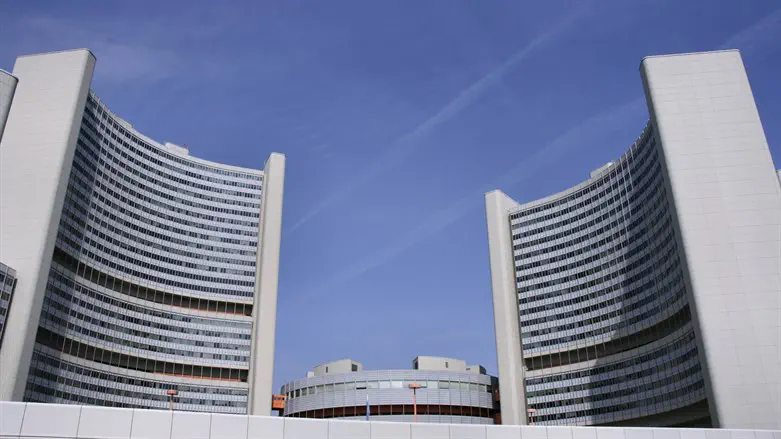
Iran is escalating its uranium enrichment further by preparing to use advanced IR-6 centrifuges at its underground Fordow site that can more easily switch between enrichment levels, Reuters reported on Monday, citing the newest report by the International Atomic Energy Agency (IAEA).
The move is the latest of several steps Iran had long threatened to take but held off carrying out until 30 of the 35 countries on the IAEA Board of Governors backed a resolution this month criticizing it for failing to explain uranium traces found at undeclared sites.
IAEA inspectors verified on Saturday that Iran was ready to feed uranium hexafluoride (UF6) gas, the material centrifuges enrich, into the second of two cascades, or clusters, of IR-6 centrifuges installed at Fordow, a site dug into mountain, the confidential IAEA report to member states, seen by Reuters, said.
Iran informed the IAEA on Monday that passivation of the cascade, a process that precedes enrichment and also involves feeding UF6 into the machines, had begun on Sunday.
Importantly, the 166-machine cascade is the only one to have so-called "modified sub-headers", which make it easier to switch to enriching to other purity levels. Western diplomats have long pointed to that equipment as a source of concern since it could enable Iran to quickly enrich to higher levels.
Iran has also not told the agency clearly what purity the cascade will enrich to after passivation. Iran had previously informed the IAEA that the two IR-6 cascades could be used to enrich to 5% or 20% purity.
"The Agency has yet to receive clarification from Iran as to which mode of production it intends to implement for the aforementioned cascade, following the completion of passivation," the report said, according to Reuters.
Iran, which had already been scaling down its compliance with the 2015 nuclear deal in response to former US President Donald Trump’s withdrawal from it, warned following the IAEA resolution that it would respond in a "firm and proportionate” manner and that "the initiators are responsible for the consequences.”
Iran had ordered the removal of IAEA cameras installed under the 2015 deal and pressed ahead with the installation of IR-6 centrifuges at an underground plant at Natanz.
The latest IAEA report comes as talks on a return to the 2015 nuclear deal remain stalled.
An agreement was nearly reached before the talks stopped in March. US Special Envoy for Iran Rob Malley told lawmakers recently that the prospects for reaching a deal with Iran are “tenuous” at best.
Last week, the US sanctioned a network of Iranian petrochemical firms, as well as alleged front companies in China and the United Arab Emirates, accusing them of helping Tehran to circumvent sanctions.
Iranian President Ebrahim Raisi criticized the new US sanctions and said, "The world must give us the right not to trust the United States because they are violating their agreements."

